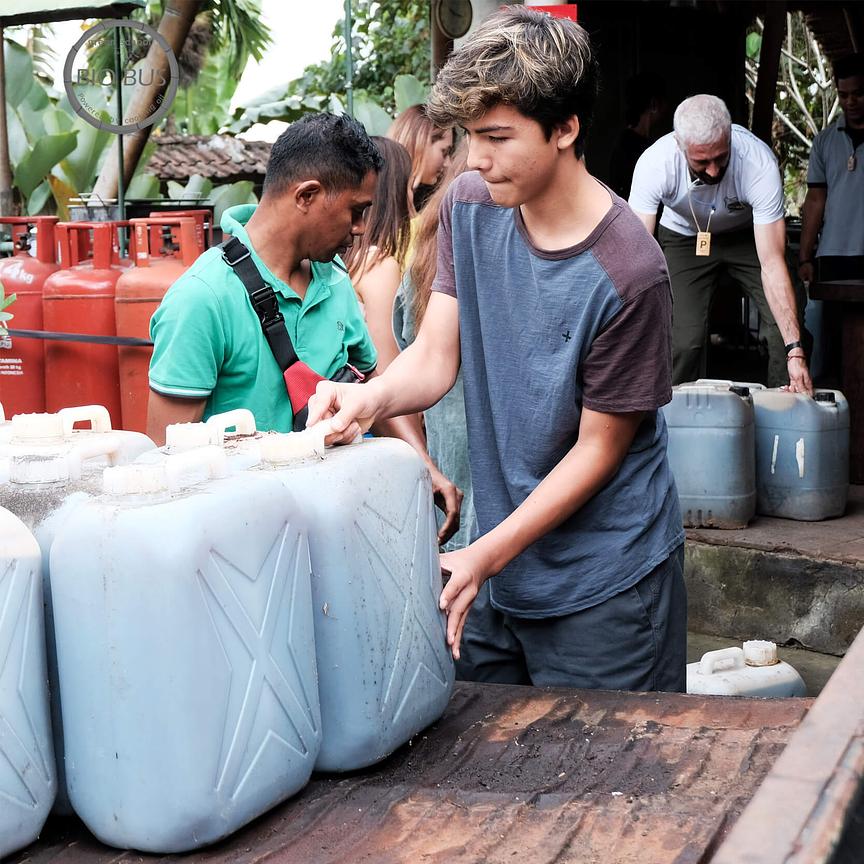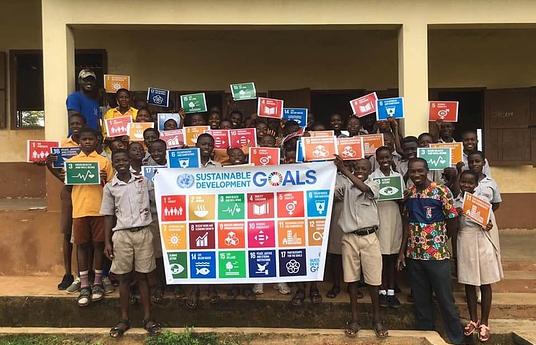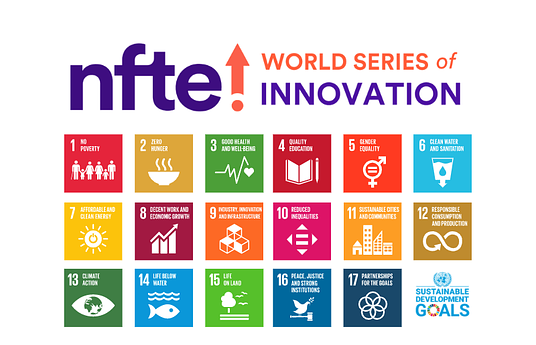Green School Bio Bus (BB), the first 100% biofueled program in Indonesia and is an innovative integration of transportation, education, and community that strives to provide sustainable solutions.
In January 2015, the graduating class of Green School (GS) conceived the idea of a “Bio Bus” as their legacy service project. In less than a year, BB evolved from a student-brainstorming project into a social enterprise taking action to solve environmental problems.
Why we do it
Our mission is to provide sustainable transport services to GS and the local communities by offering sustainable transportation, solutions to health and waste problems around used cooking oil by converting it into biodiesel, and deliver real-world, integrated learning to the youth.
Transportation - Indonesia is one of the world’s most populated countries with 266 million citizens, and rapidly continues to grow and develop. Particularly in Bali, it has become common practice for families to own a vehicle. According to the Jakarta Post in 2012, “The annual growth of private vehicle ownership is 12 percent, while the island’s road network is expanding by 2.28 per year”. On this small island, without a sufficient public transportation system with over 4 million residents and 7 million annual tourists, traffic and air pollution are significant concerns. Even at GS, since 2008, the community has been challenged to achieve sustainable transportation. While impacts are significantly improved with the introduction of the BB System, a recent GS student study revealed an average of only 1.7 students/vehicle.
Waste - Used Cooking Oil (UCO) practices are unregulated in Indonesia. Consequently, black market economics and poor waste removal erode health and environment. UCO is often used well beyond expiry and bleached or pumped with chemicals before reselling to eateries. This food contains carcinogens and has been linked to pulmonary disease. Furthermore, due to limited waste management, river ways are often the final destination for UCO. Dumping UCO causes acidification and affects Bali’s watersheds. Polluted water threatens irrigation for growing staple foods and stresses coral reef ecosystems.
Education - There is a scarcity of educational programs that truly challenge the learning paradigm to offer real-world, solution-based learning with measurable outcomes. Furthermore, it is rare that international and local students get to learn and work with local organizations in a reciprocal and empowered manner. BB authentically fulfills the 21st Century skills and seeks to create a ripple effect.
How we do it
Transportation - BB works closely with nonprofit, Lengis Hijau to convert donated UCO into biodiesel for sustainable transport and spread awareness on the health and environmental hazards. Each month the BB uses the 9 buses to save 8 tons of CO2 from being released into the atmosphere, offers 4,000+ rides and reduces the number of vehicles on the road by 1,750.
Waste - BB integrates with industry and community through a social and environmental donorship program. GS and local students, the “Grease Police” engage various stakeholders to collect UCO and break the black market. To incentivize participation, BB provides a certificate and offers hand-made Bio Soap made from filtered UCO. More than 40 entities including hotels, restaurants, schools, and households around Bali donate their UCO to BB. BB collects 2,000 liters/mo of UCO.
Education - BB uses GS mission and REAL Learning Principles to have developed a holistic model that incorporates math, chemistry, biology, enterprise, programming, and activism. BB has written the curriculum for five, 6-week modules where students receive academic credit with a focus on renewable energy. Additionally, a year-long service program is available for students to work on special projects with community members and collect UCO. These programs have given birth to numerous notable developments, including: (1) Indonesia’s first biodiesel public pump station (2) Bio Bike, a 100% upcycled biodiesel motorcycle, and (3) Bio Bensin, organic fuel made up from food waste. Lastly, BB provides weekly workshops for the community and GS visitors and consistently reaches out to local schools, universities, NGOs and a broader circle to promote renewable energy.



